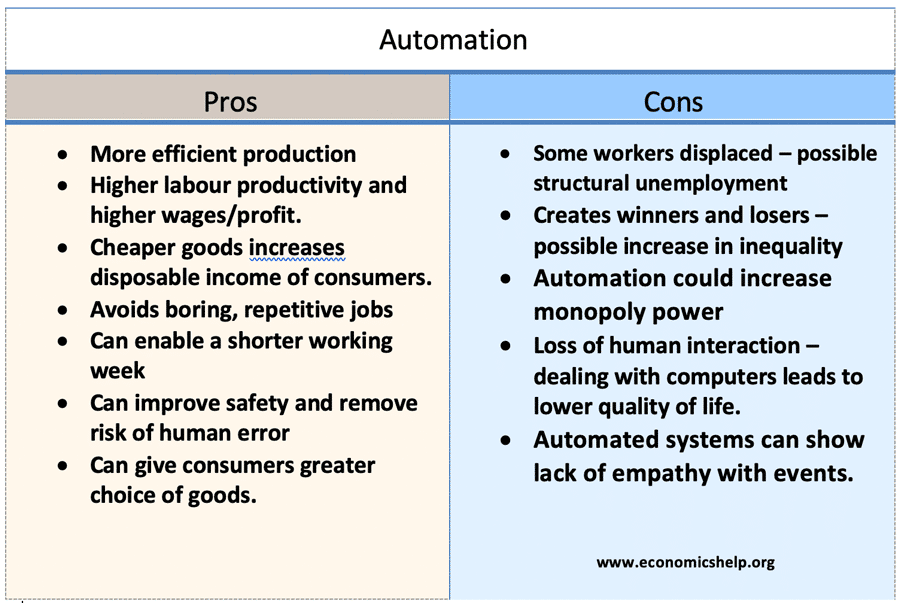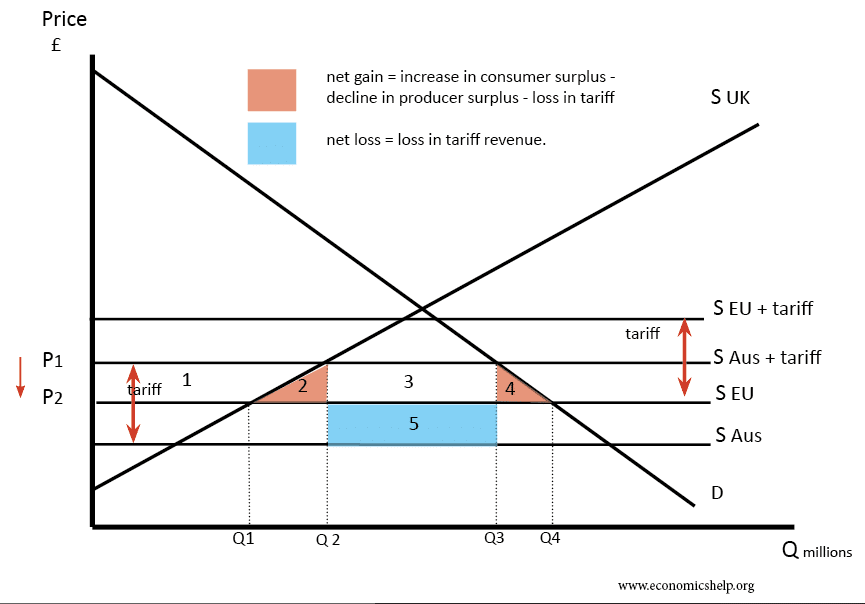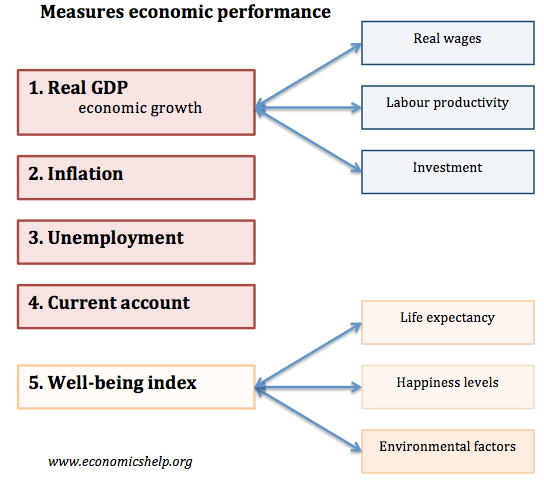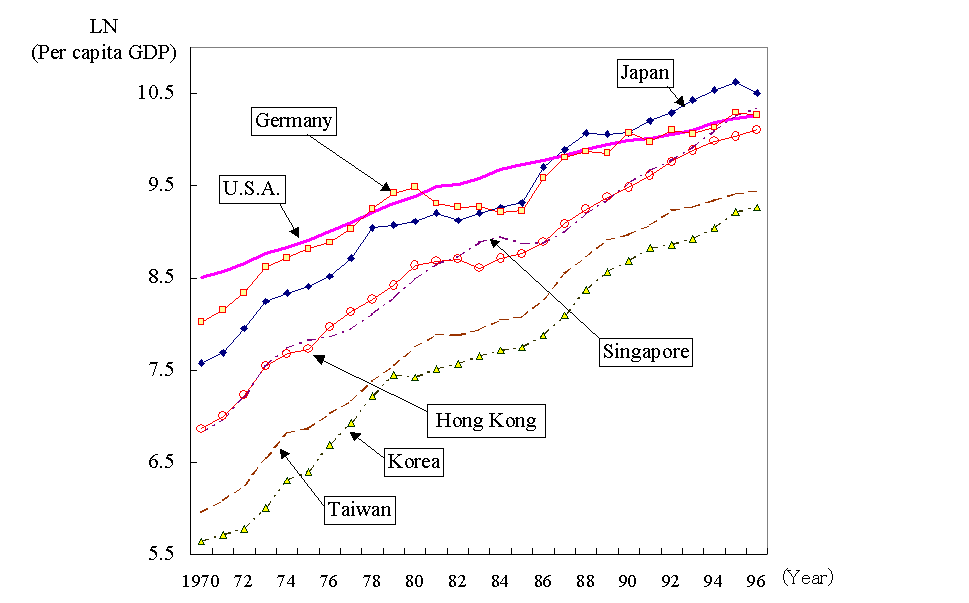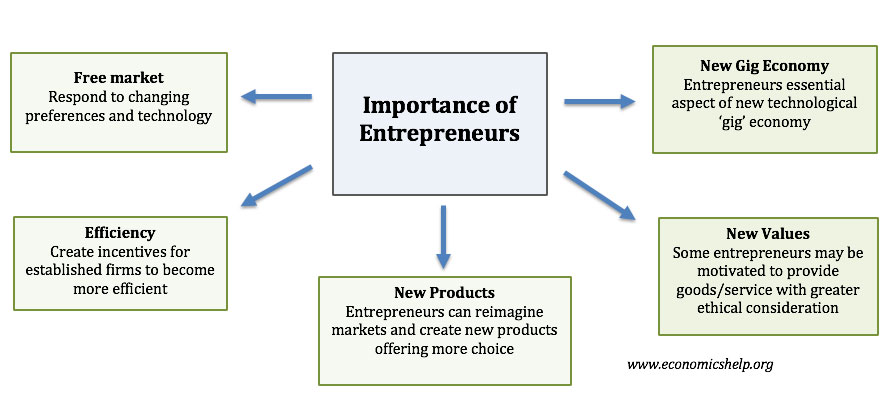Automation meaning and examples
Automation refers to the implementation of technology that reduces the need for manual labour and allows technology to make automatic decisions based on computer algorithms. Automation usually involves replacing workers with computer technology, leading to higher labour productivity. The advantage for firms is that it can reduce the cost of running a business. It may …

